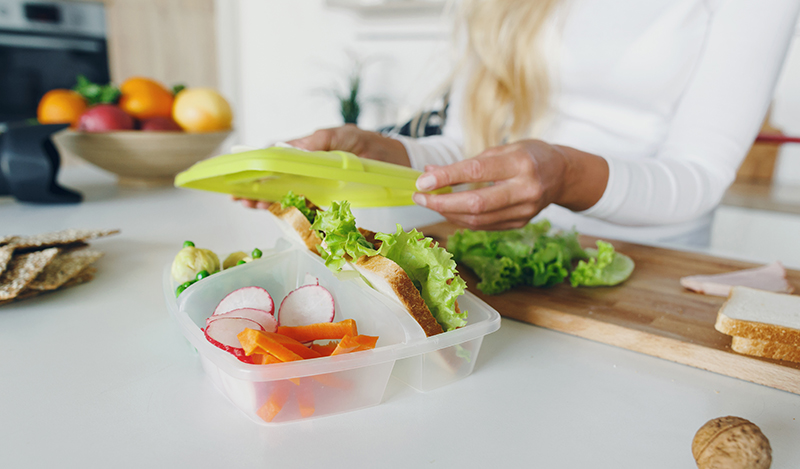Search
Showing results for "A"

News & Events
Healthy lunch ideas for kids during COVID-19All parents are familiar with the nightly battle to get the kids to eat their vegies, but did you know primary-school aged children get over one third of their energy intake from the food they consume during school hours
Research
Implementing Telehealth support to increase physical activity in girls and women with Rett syndromeHelen Jenny Leonard Downs MBChB MPH BApplSci (physio) MSc PhD Principal Research Fellow Program Head, Development and Disability +61 419 956 946 08
Research
Improved Glycemic Outcomes With Diabetes Technology Use Independent of Socioeconomic Status in Youth With Type 1 DiabetesTechnology use in type 1 diabetes (T1D) is impacted by socioeconomic status (SES). This analysis explored relationships between SES, glycemic outcomes, and technology use.
Research
Educators’ Barriers and Facilitators to Physical Activity Policy Implementation in the Childcare Setting: Qualitative Findings From the Play Active ProjectWe explored childcare educators’ perceived barriers and facilitators to policy implementation in order to inform the development and implementation of an early childhood education and care (ECEC) specific physical activity policy. This study was part of the Play Active (2019-2023) project which aimed to develop, implement and evaluate evidence-based physical activity policy to improve physical activity levels in children attending ECEC.
Research
“Coronavirus Changed the Rules on Everything”: Parent Perspectives on How the COVID‐19 Pandemic Influenced Family Routines, Relationships and Technology Use in Families with InfantsThis study explores how the first wave of the COVID‐19 pandemic influenced family routines, relationships and technology use (smartphones and tablet computers) among families with infants. Infancy is known to be an important period for attachment security and future child development, and a time of being susceptible to changes within and outside of the family unit.
Research
RUNX2 regulates leukemic cell metabolism and chemotaxis in high-risk T cell acute lymphoblastic leukemiaT cell acute lymphoblastic leukemia (T-ALL) is an aggressive hematologic malignancy with inferior outcome compared with that of B cell ALL. Here, we show that Runt-related transcription factor 2 (RUNX2) was upregulated in high-risk T-ALL with KMT2A rearrangements (KMT2A-R) or an immature immunophenotype. In KMT2A-R cells, we identified RUNX2 as a direct target of the KMT2A chimeras, where it reciprocally bound the KMT2A promoter, establishing a regulatory feed-forward mechanism.
Research
Dysbiotic drift and biopsychosocial medicine: how the microbiome links personal, public and planetary healthHere we focus on the rapidly progressing microbiome science as a way to illustrate the pathways by which exposure to biodiversity supports health
Research
Each meal matters in the exposome: Biological and community considerations in fast-food-socioeconomic associationsAs we discuss, equal weekly visits to major fast-food outlets by the affluent and deprived do not translate into biological equivalency.
Research
Randomised controlled trial of an iPad based early intervention for autism: TOBY playpad study protocolThis trial will determine the effectiveness of the TOBY App as a therapeutic complement to other early interventions children with ASD receive
Research
Candidate gene association study for diabetic retinopathy in persons with type 2 diabetes: the Candidate gene Association Resource (CARe)To investigate whether variants in cardiovascular candidate genes, some of which have been previously associated with type 2 diabetes (T2D), diabetic...
